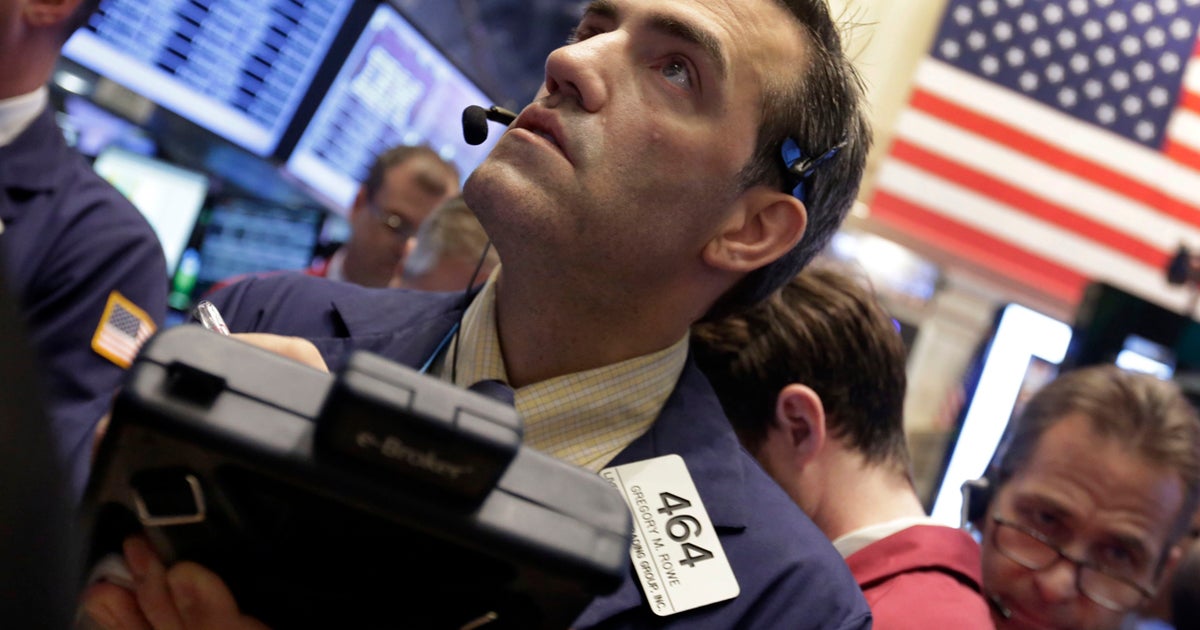Key takeaways:
- The U.S. plans to implement tariffs on major trading partners on April 2, termed “Liberation Day” by President Trump, with expected economic impacts including higher borrowing costs, rising prices, and stock market volatility.
- The Federal Reserve’s decision to maintain interest rates led to a modest stock market bounce, but the tariff announcement caused a dip, highlighting market sensitivity to trade policies.
- Financial experts recommend cautious financial management for consumers, suggesting careful spending and savings strategies, and considering big-ticket purchases amid potential tariff impacts.
On April 2, the United States is set to implement a series of tariffs targeting its largest trading partners, a move President Trump has referred to as “Liberation Day” on social media. This development is expected to have significant economic implications, with analysts predicting elevated borrowing costs, rising prices, and continued volatility in stock markets. The announcement comes amid a backdrop of financial uncertainty, as the Federal Reserve recently decided to maintain current interest rates, citing concerns over the impact of trade policies from the White House.
The Federal Reserve’s decision to hold interest rates steady was anticipated by Wall Street, leading to a modest bounce in the stock market. However, the subsequent announcement of impending tariffs has caused a dip in market performance. On Thursday, the S&P 500 fell by 12 points, or 0.2%, closing at 5,663. Meanwhile, the Dow Jones Industrial Average remained largely unchanged, and the Nasdaq Composite experienced a 0.3% decline. These fluctuations underscore the market’s sensitivity to trade policy developments and the broader economic environment.
Financial experts advise consumers to adopt a cautious approach in light of these changes. With borrowing costs likely to remain high, individuals are encouraged to manage their finances carefully, balancing expenditures with savings. This includes monitoring outgoing funds and maximizing returns on savings. The current economic climate may also present an opportune moment for consumers to make planned big-ticket purchases, such as major appliances or vehicles, particularly those with components sourced from Canada or Mexico.
Federal Reserve Chair Jerome Powell has expressed concern over the potential impact of tariffs on economic growth. The tariffs are viewed as a significant challenge to the economy, with potential repercussions for both domestic and international markets. As the situation unfolds, businesses and consumers alike will need to navigate the evolving landscape, adjusting strategies to mitigate risks and capitalize on opportunities.



Be First to Comment